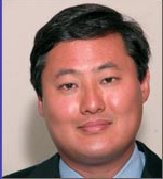State Power and Abuse: The Impact of Absolute and Sovereign Immunity from a Human Rights Perspective
https://karama.huquq.com/2009/05/misplaced-expectations-human-rights-and.html
Human Rights and Executive Power by Ahmed E. Souaiaia Those who believe in top-down paradigm for the promotion of human rights norms are gi...


























